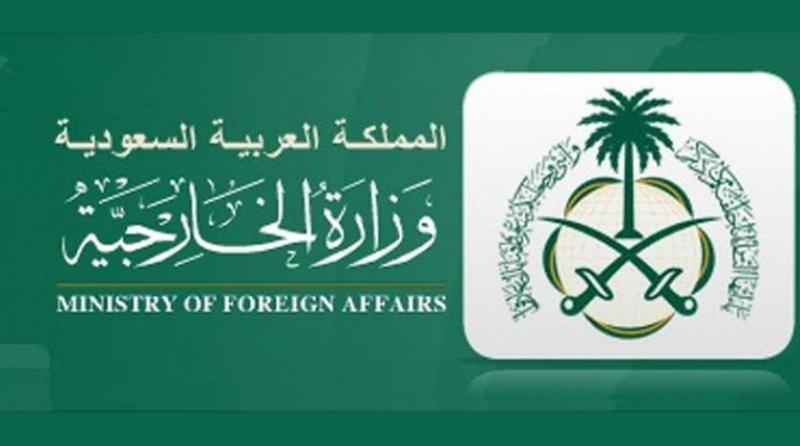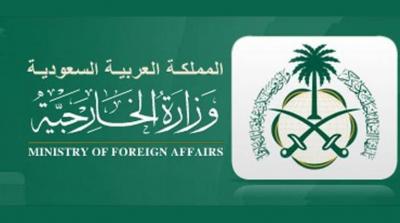The Saudi Foreign Ministry has firmly rejected the conclusions presented in the U.S. intelligence report regarding the murder of journalist Jamal Khashoggi.
The Saudi Foreign Ministry expressed its outright rejection of the offensive and incorrect conclusions in the U.S. intelligence report about Khashoggi's murder. It emphasized that the report contained damaging and false conclusions about the Kingdom's leadership, which cannot be accepted. The Ministry also noted that the Kingdom condemned the murder of Khashoggi and took necessary steps to ensure that such an incident does not happen again. Furthermore, the Saudi Foreign Ministry stressed that the partnership between the Kingdom and the United States is strong and resilient.
The Biden administration had announced a declassified version of the U.S. intelligence report on the murder of Saudi journalist Jamal Khashoggi in 2018. The report asserted that Saudi Crown Prince Mohammed bin Salman approved the operation to abduct or kill the dissident journalist. It indicated that the Crown Prince viewed Khashoggi as a threat to the Kingdom and greatly endorsed violence.
The declassified document identified 21 individuals, whom U.S. intelligence has a high level of confidence were involved or responsible for Khashoggi's murder on behalf of the Crown Prince. The report confirmed that the Crown Prince's control over the intelligence and security apparatus makes it unlikely that the operation could have been executed without his permission.
The report also pointed out that the Biden administration has identified 76 Saudis who might face sanctions under what it termed the "Khashoggi Policy". It noted that the studies center was led by Saud al-Qahtani, who publicly stated in 2018 that he did not make decisions without the Crown Prince's approval. The intelligence report affirmed that the U.S. assessment was based on the Crown Prince's control over decision-making and the direct involvement of a chief adviser, as well as his support for violence to silence opponents.




